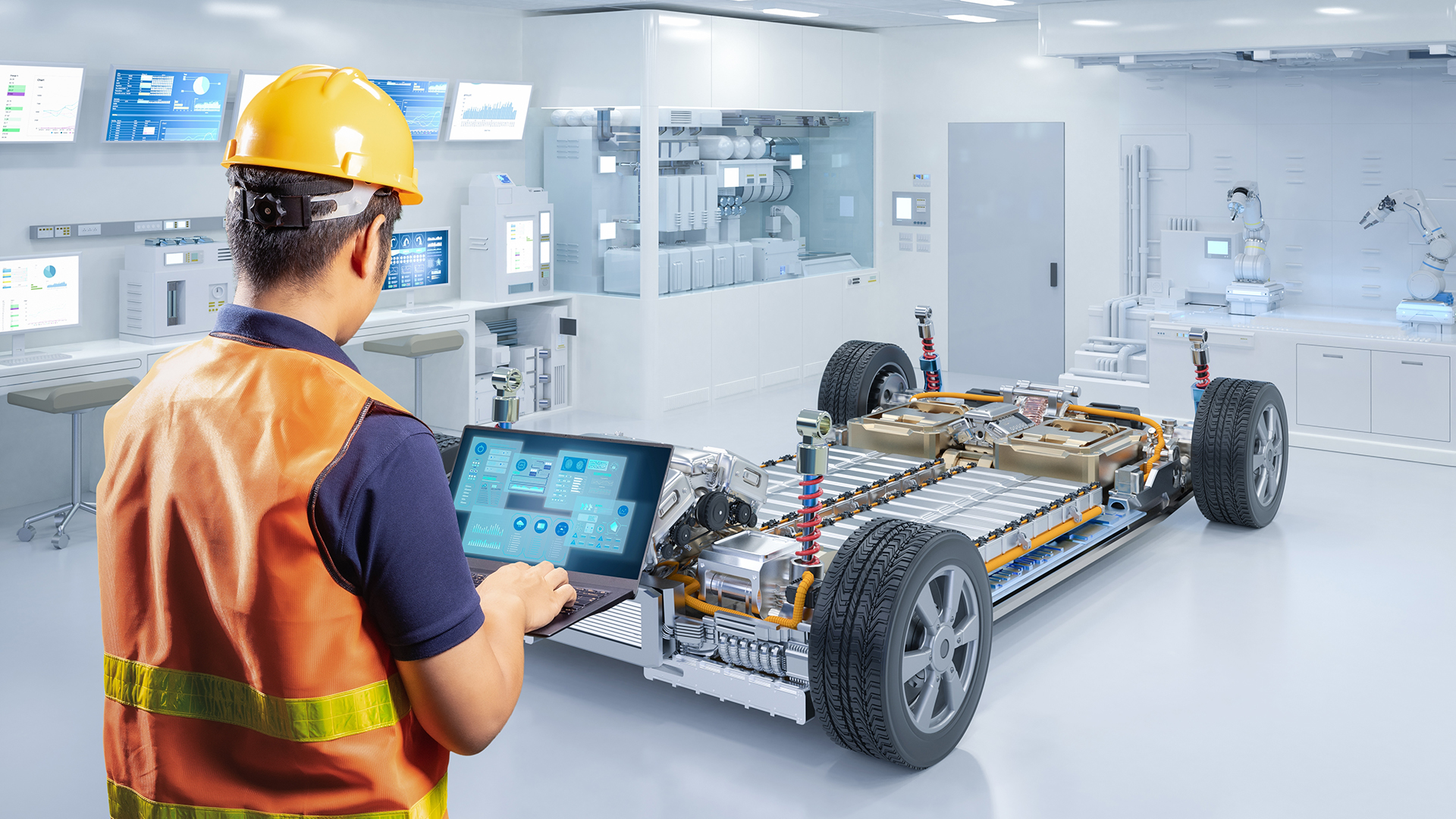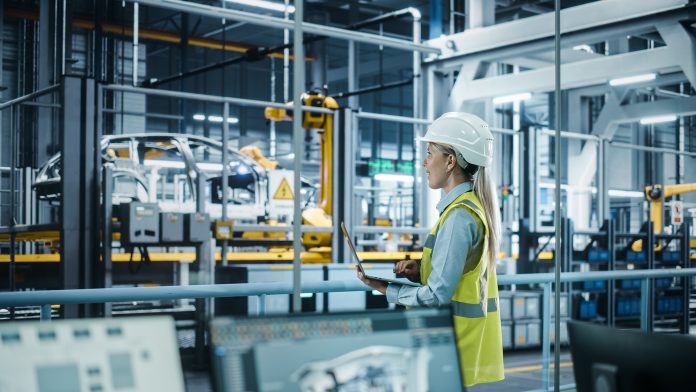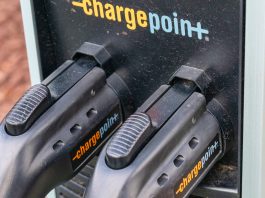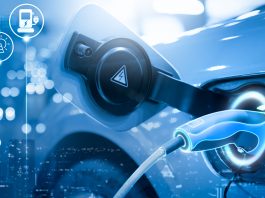The United States Government has announced $15.5bn funding to retrofit existing car production plants to accelerate EV manufacturing in the US.
In addition to boosting EV manufacturing in the US, the funding will be employed to advance domestic EV battery manufacturing capabilities and reduce dependency on critical raw material imports.
The government will make $2bn of the funding available in grants and $10bn in loans to help existing automakers convert their operations into EV production.
Larger funding is available to operations that retain collective bargaining agreements or have an existing high-quality, high-wage hourly production workforce.
The Department of Energy (DOE) has also revealed a Notice of Intent that makes $3.5bn of the funding available to increase domestic battery production for EVs and the country’s grid and to reduce battery material imports.
Vehicle manufacturers can apply for assistance via financial grants through DOE’s Office of Manufacturing and Energy Supply Chains (MESC) or debt financing through DOE’s Loan Program Office.
Jennifer Granholm, the US Secretary of Energy, said: “President Biden is investing in the workforce and factories that made our country a global manufacturing powerhouse.
Today’s announcements show that President Biden understands that building the cars of the future also necessitates helping the communities challenged by the transition away from the internal combustion engine.”
How will retrofitting increase EV manufacturing in the US?
Under the Domestic Manufacturing Conversion Grants for electrified vehicles program, $2bn of the funding will retrofit long-standing facilities into plants for EV manufacturing in the US.
It will provide cost-share grants for producing hybrid, plug-in electric hybrid, plug-in electric drive, and hydrogen fuel cell electric vehicles.
It will expand to support light-, medium-, and heavy-duty electrified vehicles and components and support commercial facilities, including those for vehicle assembly, component assembly, and related vehicle part manufacturing.

Selected projects must contribute to the Justice40 Initiative, which aims to advance diversity, equity, inclusion, and accessibility in the US so that every community benefits from the energy transition.
Projects must submit concept papers by October 2, 2023, with the deadline for full applications being December 7, 2023.
Additionally, under the Advanced Technology Vehicles Manufacturing Loan Program, the DOE is making £10bn available for conversion projects that retain high-quality jobs in communities that currently host manufacturing facilities.
Projects looking to convert or directly replace an existing factory that has high-quality jobs will be assessed by the DOE.
They will examine how the proposed conversion will impact EV manufacturing in the US and its contribution to the local economy, employment history, anticipated employment, and duration of its existence.
Strengthening battery manufacturing and domestic supply chains
Under the Notice of Intent, $3.5bn will be utilised to develop new and retrofitted commercial facilities for battery materials, components, and cell manufacturing.
This will reinforce the US as a global leader in EV battery production and safeguard the nation from volatile supply chain issues.
The funding will support communities with experienced automakers, historical battery production, excellent workforce practices, and who plan to create high-quality jobs.









